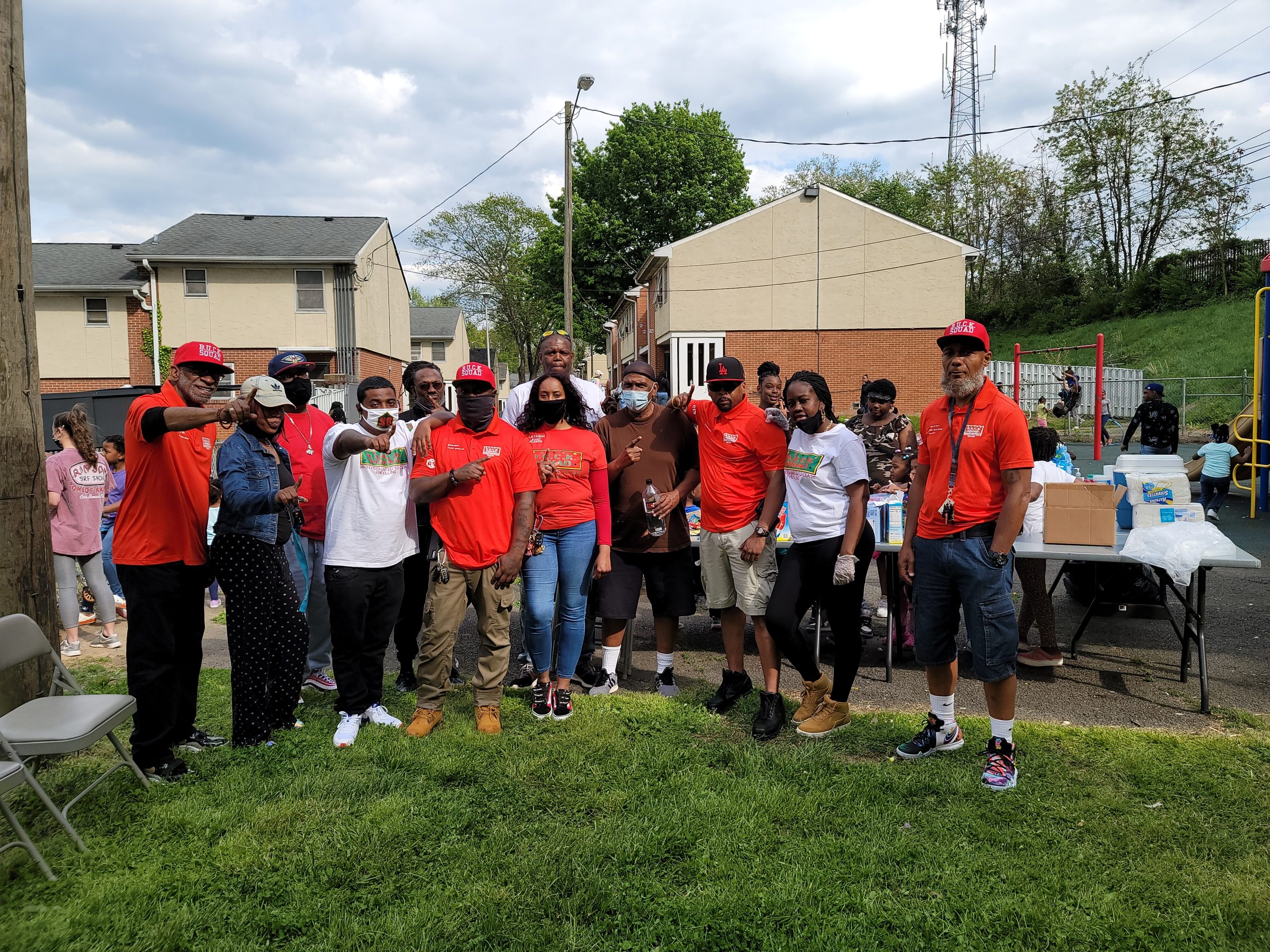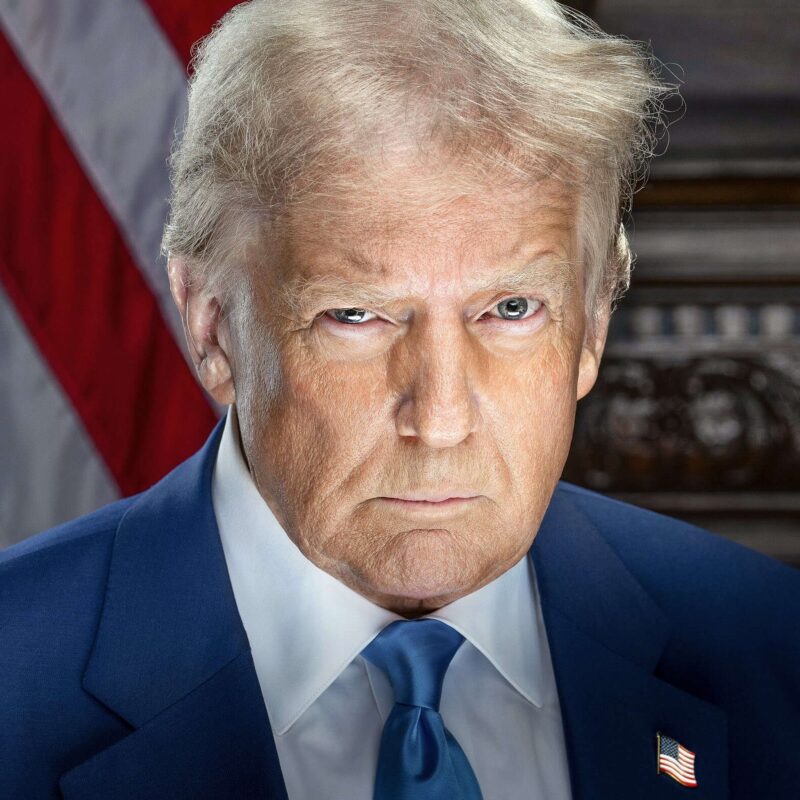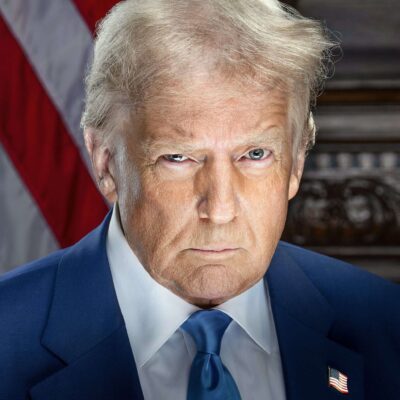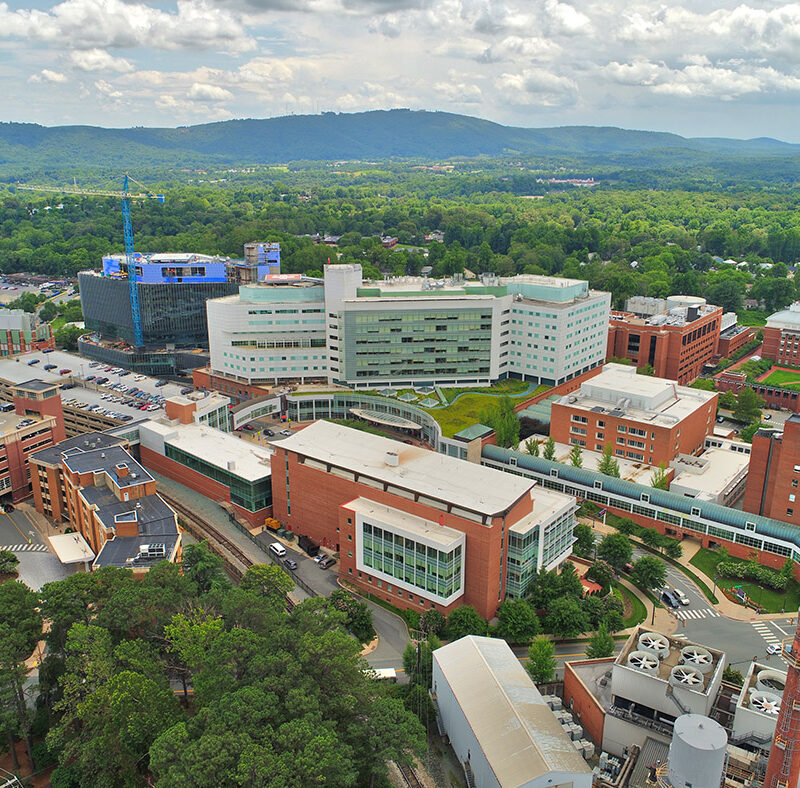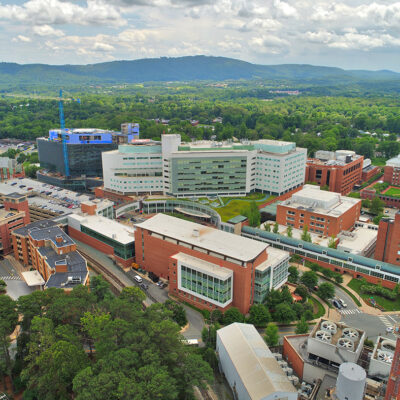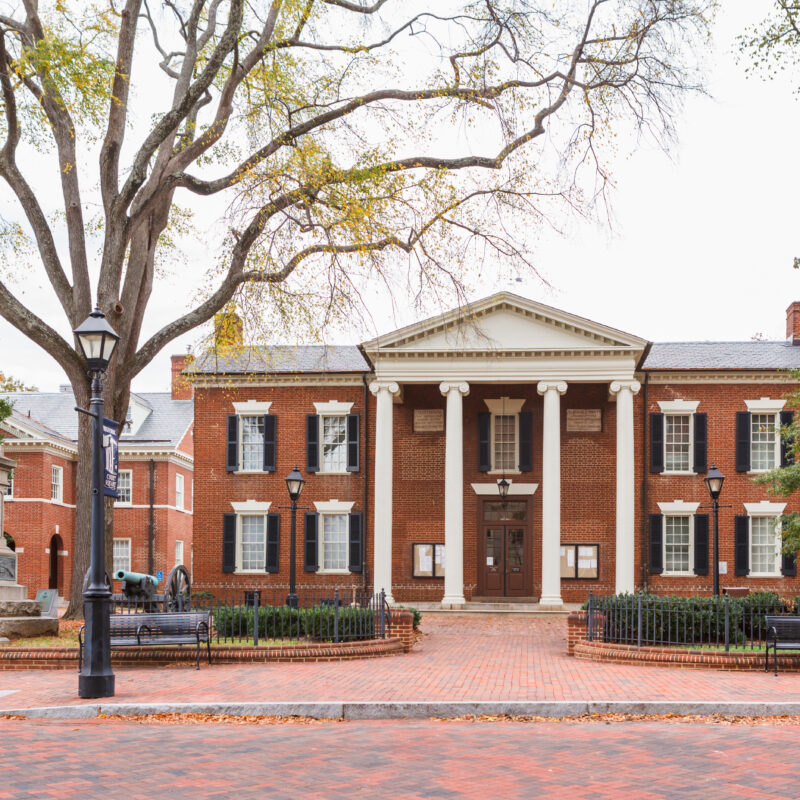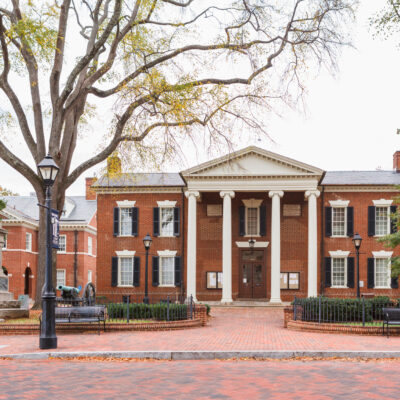Last month, the Charlottesville Police Department says it responded to several shots-fired incidents, including at Boylan Heights and the Westhaven public housing complex. At least 250 shots-fired incidents have occurred this year, reports the department.
To reduce gun violence in the city’s predominantly Black communities, The B.U.C.K.—Brothers United to Cease the Killing—Squad began intervening in conflicts in January, attempting to arrive at the scene of a tense situation and talk down potential aggressors before anyone started shooting. However, the squad has faced difficulties responding to calls and starting community programs, due to a reported lack of funding. City Council donated about $20,000 to the group for conflict resolution training in February, and the violence interrupters have had to rely largely on community donations since then, which they say only cover basic expenses.
Last week, City Council voted 3-2 to give the group $50,000 in off-cycle funding, which The B.U.C.K Squad says it will use to recruit more violence interrupters, as well as establish civilian patrols and community policing programs in all of the city’s predominantly Black communities. (Currently, the group focuses on South First Street.)
“[Members] all work full-time jobs—some of them two or three jobs,” says board chair Kimberly Hayes. “It takes a lot of commitment and dedication. A lot of them were working without getting paid.”
Though the squad started off with around 14 members, it has dropped to about 10. It plans to compensate current members for unpaid hours, and potentially hire a few as full-time violence interrupters.
The grant comes shortly after a change in leadership at the nonprofit. Last month, founder Pertelle Gilmore issued a statement confirming that he severed all ties with the squad in June. Herb Dickerson has taken his place as executive director.
“The draw with the squad is that a lot of them are from the streets…With that, some of them deal with a lot of trauma, and just have personal issues,” explains Hayes. “[Gilmore] and the squad came to an agreement that they thought it would be best that he deal with his issues, and the work continues.”
During City Council’s October 4 meeting, Councilor Heather Hill explained that she, along with Vice-Mayor Sena Magill, recently met with members of the squad to discuss concerns they had heard from community members, but didn’t go into detail about the issues.
In response to these concerns, the squad developed an accountability and grievance policy, which explains how community members can file complaints, Hayes explained to the councilors. The B.U.C.K. Squad is also working with the Public Housing Association of Residents and the Charlottesville Redevelopment and Housing Authority to establish a monthly reporting policy.
“It wasn’t just one individual that I understood there were some issues with, but I don’t want to get into the particulars on here,” said PHAR board chair Joy Johnson.
Councilor Michael Payne and Mayor Nikuyah Walker voted against the $50,000 donation. “I would just want to have clear, lockstep assurance that CRHA and PHAR are all on the same page in terms of what they’re doing,” said Payne. Walker did not explain the reason for her vote.
C-VILLE reported in May that Darnell Burton, the father of Jamarcus “Buck” Washington, for whom the squad is named, accused the group of misappropriating the money it had raised. “They’re not doing what they’re supposed to be doing,” Burton said. “They’re buying all kinds of sweatsuits, traveling, going out to eat—just personal stuff.”
Dickerson pushed back on Burton’s characterization of the group’s activities, and said the group gave Burton $14,000 for a memorial for Washington.
Now, Hayes emphasizes the positive steps the squad has taken. It not only receives calls about gun violence but also domestic violence, substance abuse, missing children, and other emergencies. Since January, Hayes says the group has successfully intervened in 49 conflicts.
“There have been a lot of articles or narratives saying that [the squad] is out there but nothing’s changed,” she says. “But the community knows them and they will call them.”
The organization’s board of directors is working to expand its community programs, which aim to tackle the root causes of gun violence. Over the summer, the squad regularly hosted events for youth, in hopes of deterring them from getting involved in illegal activities. It also sponsored a run with Prolyfyck Run Crew, and worked with a strategist to revamp its website and social media accounts. With the new grant, the squad also hopes to afford a physical headquarters, which will include mediation centers and wraparound services.
Hayes stresses that the squad was founded less than a year ago, and is still “working out all the kinks.”
“These are just growing pains,” she says. “They are working through it and navigating through this space that comes with its own set of challenges.”
